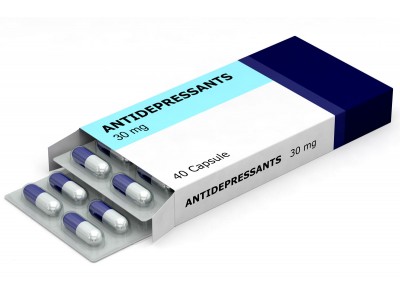The effect size of antidepressants, typically measured between 0.3 to 0.5, reflects the modest improvement they provide over placebo in treating depression. Several factors contribute to this relatively low effect size.
Firstly, depression is a complex and multifaceted condition influenced by a combination of genetic, biochemical, environmental, and psychological factors. Antidepressants, while targeting biochemical pathways in the brain, do not address all these aspects comprehensively. The heterogeneity of depression means that what works for one person may not work for another, leading to variability in treatment outcomes.
Secondly, the placebo effect in depression studies is notably strong. Many patients experience significant improvements with placebo due to the therapeutic context, expectations of benefit, and natural fluctuations in depressive symptoms. This strong placebo response can diminish the apparent effect size of active medications when compared to placebo.
Thirdly, clinical trials for antidepressants often include participants with varying degrees of depression severity. Antidepressants tend to show more pronounced benefits in individuals with severe depression compared to those with mild or moderate forms. When all severity levels are included in a trial, the overall effect size may be diluted.
Additionally, methodological issues in clinical trials, such as short duration, high dropout rates, and variations in study design, can affect the measured efficacy of antidepressants. The standardized measures used to assess depression might not fully capture the nuances of individual patient improvements, further influencing the reported effect sizes.
Lastly, the efficacy of antidepressants is not solely reliant on medication but also on factors like adherence to treatment, concurrent psychological therapies, and social support. When these elements are not adequately controlled or accounted for in studies, they can impact the overall effect size.
In summary, the relatively low effect size of antidepressants reflects the complexity of treating depression, the strong placebo effect, variability in patient responses, and methodological challenges in clinical research. This underscores the importance of a holistic, individualized approach to treating depression, incorporating medication, psychotherapy, and lifestyle interventions.
